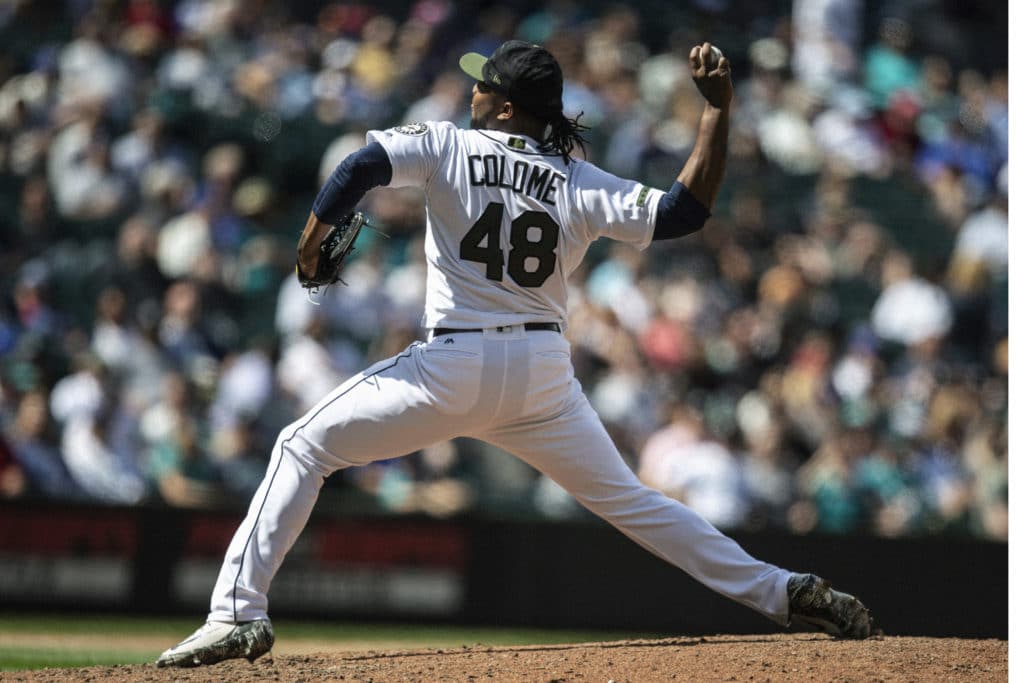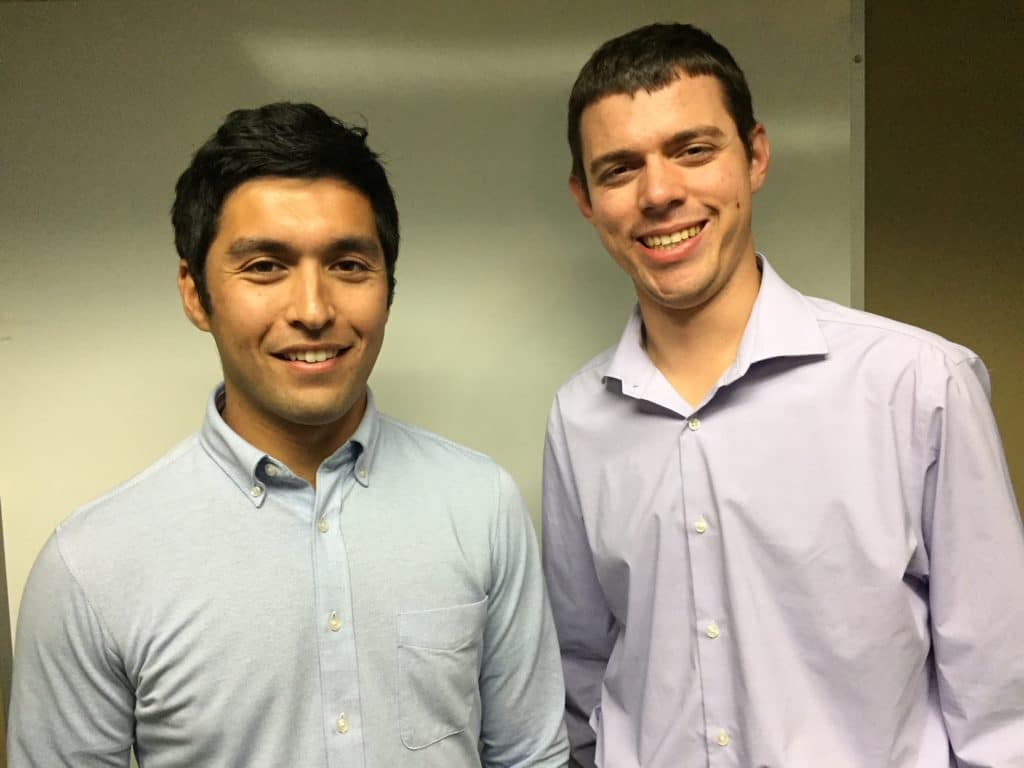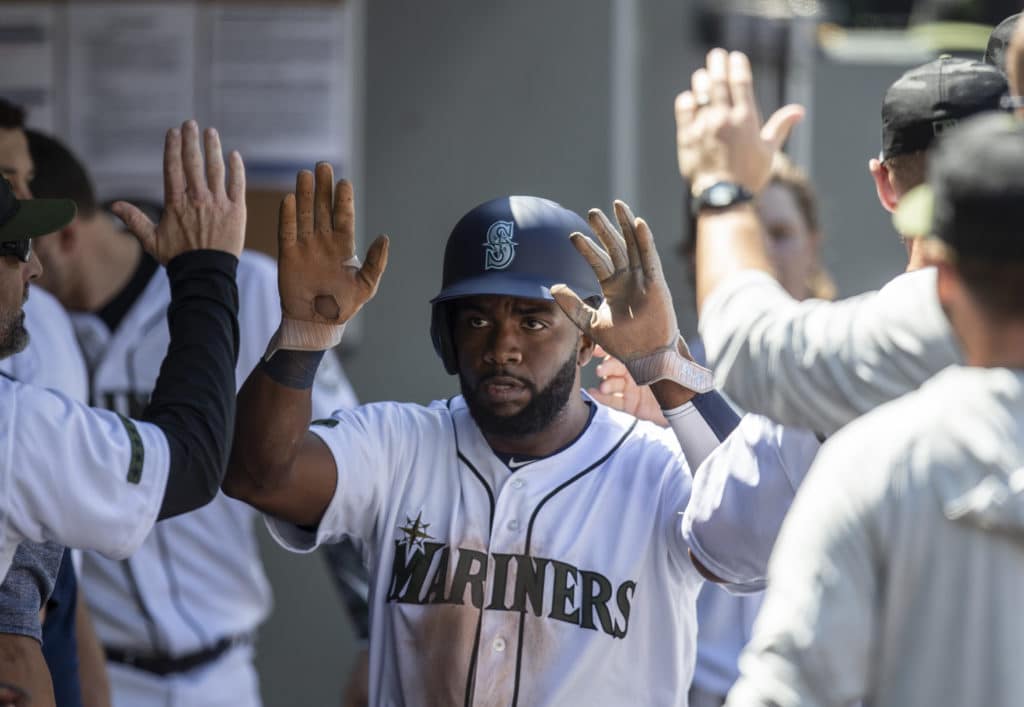elpablo21
Supporter
- 102,307
- 181,913
- Joined
- Feb 11, 2008
Diaz

10 over in May, hitting rock bottom any moment now


10 over in May, hitting rock bottom any moment now

Follow along with the video below to see how to install our site as a web app on your home screen.

Note: this_feature_currently_requires_accessing_site_using_safari


Kind of what I'll expect from Felix going forward, very volatile season. Hopefully he can get his ERA down to around 4, idk if thats asking too much at this point
A couple local sports radio heads are in hysteria over Tyler O'neil's hot start
Check out that cannon on Mitch!
Mike Z with a seed to end the top of the 12th.
Mike Z with a bomb to end the bottom of the 12th.









